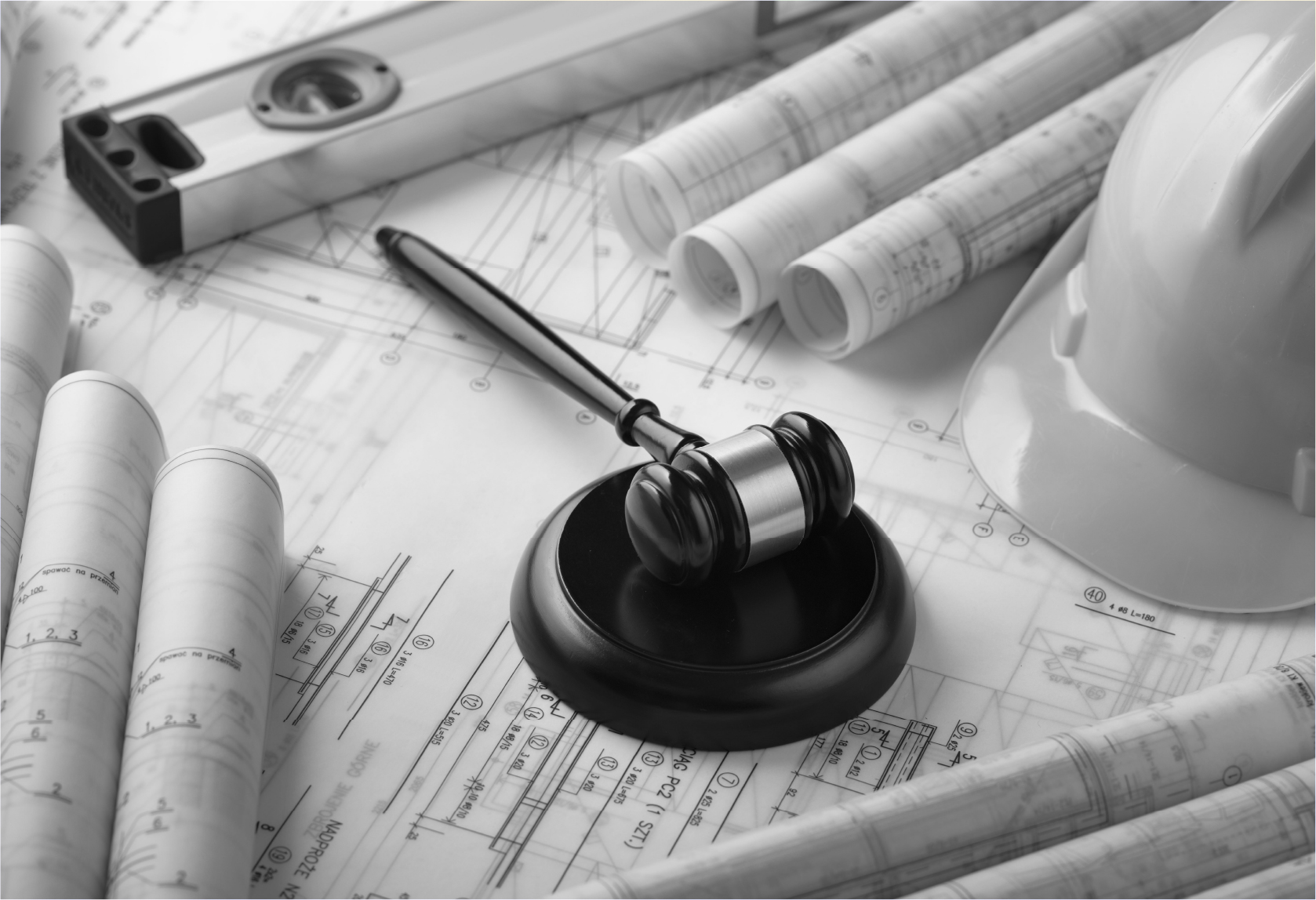1
Tell us your
legal matter
Speak to one of our litigation lawyers via phone for free and provide the necessary details and documents so we can better understand your situation.
2
We’ll let you know
where you stand
If we think that you have a good argument, we’ll devise a strategy for you on how we will take on your matter, and give you legal guidance and a fee estimate. All for free.
3
You Decide
It’s ultimately your decision whether to hire us or not based on the strategy and fee estimate we gave you. There’s no obligation and no pressure to proceed.














